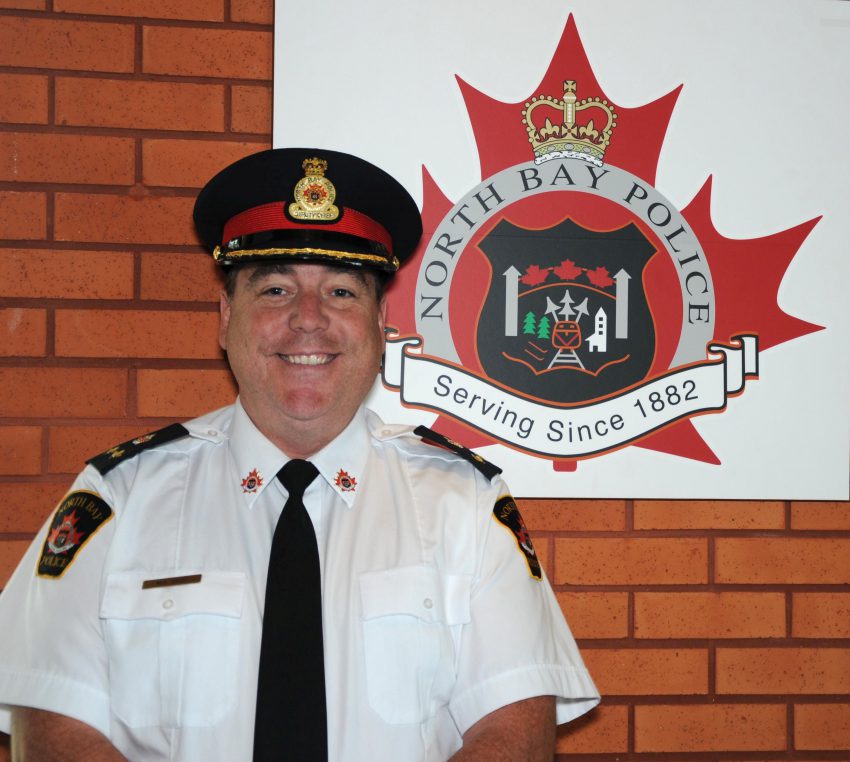North Bay’s Deputy Police Chief says the community would benefit from a program that helps find lost autism and Alzheimer’s patients faster.
Mike Daze says he was working on bringing Project Lifesaver to the Owen Sound Police Service before he assumed the deputy’s position in North Bay earlier this year.
Now North Bay’s search and rescue agency, BAYSAR, wants to introduce Project Lifesaver to the community and area.
Daze says having Project Lifesaver is worthwhile especially considering how geography in the north adds another layer of difficulty when searching for someone who faces developmental challenges.
Daze points out time is always critical to find an Alzheimer’s patient or an autistic person quickly.
That’s because if someone wanders off it doesn’t take much time to leave an urban area and end up in rural zones.
Daze says the area doesn’t have just forests where someone could get lost.
“We also have all the water that’s in the area,” he said.
“And as time ticks by with missing people, that increases the risk and increases the difficulty with search and rescue. So anytime we can find opportunities and technology to bring people home who are missing quickly and safely, that’s absolutely an avenue that we want to start looking towards.”
Daze says from a police perspective, the department supports Project Lifesaver.
He says the community is also fortunate that an agency like BAYSAR is willing to step up and bring the technology to North Bay and take the lead on fundraising initiatives to buy the equipment.
Project Lifesaver would outfit a person with autism or Alzheimer’s with a wristwatch-like transmitter that emits a radio frequency tailored to that specific person.
A data bank would have a record of all the frequencies and in the event a person becomes lost, emergency personnel are told the person’s name and the frequency that corresponds to them.
The frequency is always transmitting and serves as a beacon that search and rescue personnel can zero in on with a tracking device.
The North Bay Police Services Board is interested in Project Lifesaver and will debate securing the technology at its January meeting.



